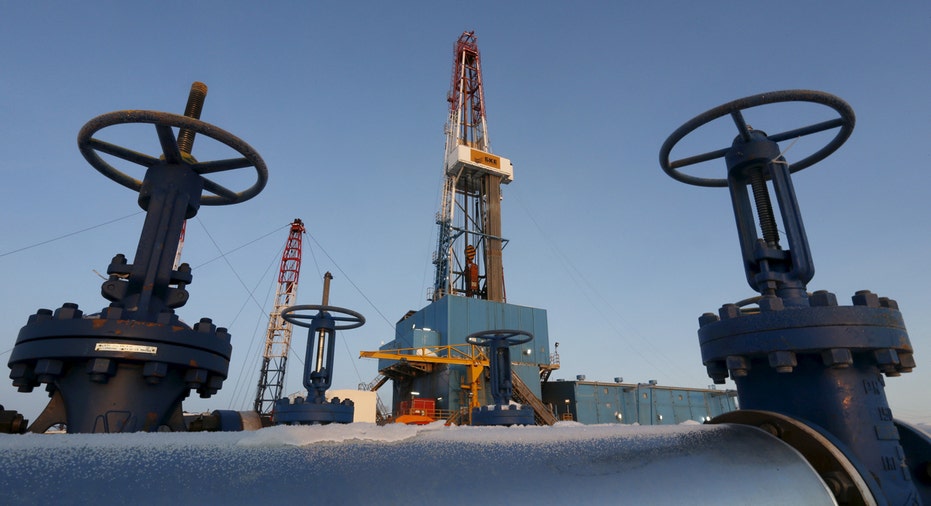Oil Falls for Third Day as Concerns About Growing Glut Deepen

Oil prices fell for a third straight session on Monday, with U.S. prices piercing $30 a barrel again, as lingering concerns about oversupply deepened after a Saudi-Venezuela meeting at the weekend showed few signs of coordination to boost prices.
No tangible signs emerged from a meeting on Sunday between Saudi Arabia's oil minister Ali al-Naimi and his Venezuelan counterpart that OPEC and non-OPEC suppliers were ready to meet to discuss the price slump.
Hopes of an accord to shore up prices which are languishing close to 2003 have dimmed over the past week, but the meeting between cash-strapped Venezuela and the kingpin of the Organization of the Petroleum Exporting Countries was seen as "make or break" for a possible deal to boost prices that have slumped 70 percent since mid-2014.
Venezuela's oil minister Eulogio Del Pino, who was on a tour of oil producers to lobby for action to prop up prices, said his meeting with Naimi was "productive."
"But does 'productive' mean less production? The market thinks not, at least right now," said Phil Flynn, an analyst at Price Futures Group in Chicago.
Dominick Chirichella, senior partner at the Energy Management Institute in New York, said the possibility of a production cutting deal was "quickly fading into the sunset" and traders and investors were "once again left to focus on the reality of the oversupplied global market."
Brent crude was down 84 cents, or 2.5 percent, at $33.22 a barrel by 1:56 p.m. EST (1856 GMT), paring a fall of more than 3 percent earlier in the session.
U.S. crude sank 94 cents, or 3.04 percent, to $29.93 a barrel, also trimming losses after a drop of more than 4 percent earlier.
U.S. equities were also lower, punished by persistent fears about the global economic slowdown, while the U.S. dollar also remained under pressure.
While U.S. investors have trimmed their bullish crude bets, data on Monday showed investors in ICE's Brent crude now hold their biggest net long position since records began in 2011.
France's Total has, meanwhile, agreed to buy 160,000 barrels per day (bpd) of Iranian crude for delivery in Europe, official news agency SHANA quoted Iranian Oil Minister Bijan Zanganeh as saying, showing Tehran's determination to claw back lost market share after the lifting of nuclear sanctions against the OPEC producer.
(By Devika Krishna Kumar; Additional reporting by Barani Krishnan in New York and Ahmad Ghaddar in London; Editing by Marguerita Choy and W Simon)



















